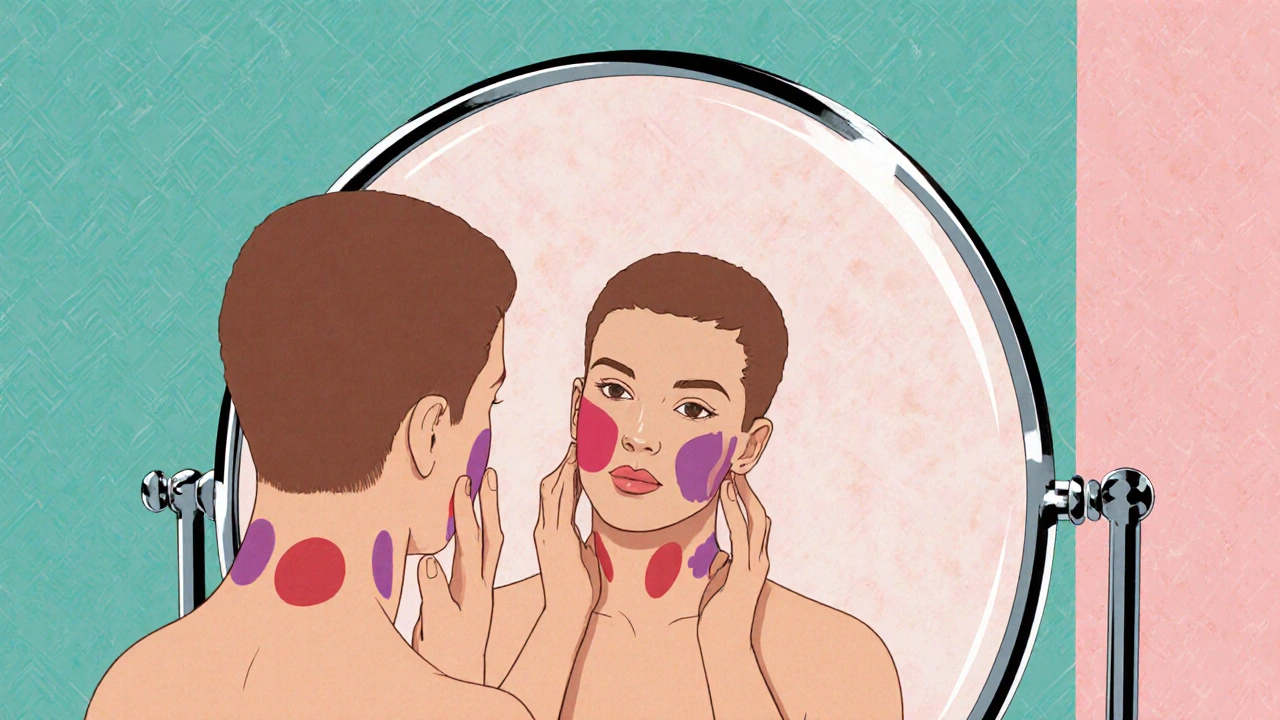Body Image: How Perception Shapes Health and Confidence
When talking about body image, the mental picture you have of your own size, shape and overall appearance. Also known as body perception, it drives daily choices, mood, and even how you interact with others. A clear idea of what body image is lets you see why it pops up in everything from diet trends to social media feeds.
One of the biggest co‑players is self‑esteem, how much value you place on yourself beyond looks. When self‑esteem is high, a negative mirror moment feels like a blip; when it’s low, the same moment can snowball into full‑blown distress. This link explains why many people chase quick fixes without addressing the deeper confidence gap.
Key Factors That Influence Body Image
Eating disorders, serious conditions like anorexia or binge‑eating that often stem from a distorted body view illustrate the dark side of a shaky perception. When the brain tells you “I’m not good enough,” the body may react with extreme restriction or over‑indulgence. Recognizing this cause‑effect chain helps you spot early warning signs before habits become harmful.
Another powerful driver is media influence, the constant stream of images, ads and posts that set beauty standards. Social platforms flood us with edited photos, making the average person feel “under‑represented.” This exposure can warp the mental mirror, pushing people toward unrealistic goals.
On the flip side, cosmetic surgery, procedures that alter physical features can reshape how you see yourself. For some, a well‑chosen procedure boosts confidence and aligns appearance with inner identity. For others, it becomes a band‑aid that doesn’t fix the underlying perception problem. Understanding this nuance prevents costly missteps.
Every factor forms a web: body image encompasses self‑esteem, media influence affects body image, eating disorders often arise from negative body perception, and cosmetic surgery can modify that perception. Seeing the connections makes it easier to choose actions that target the root rather than the symptom.
So, what can you do right now? Start by questioning the source of each feeling—does a photo, a comment, or a lingering doubt drive it? Then, replace one negative cue with a positive habit, like noting a body feature you appreciate or limiting scrolling time. Small steps create a healthier mental picture and protect against the spiral into disorders.
Below you’ll find a curated list of articles that dive deeper into each of these angles. Whether you want science‑backed tips, personal stories, or practical guides, the collection is built to give you clear, actionable insight into improving your body perception and overall wellbeing.

Kaposi Sarcoma & Body Image: Coping with Physical Changes
Learn how Kaposi sarcoma changes affect body image and discover medical, cosmetic, and emotional strategies to regain confidence and well‑being.
